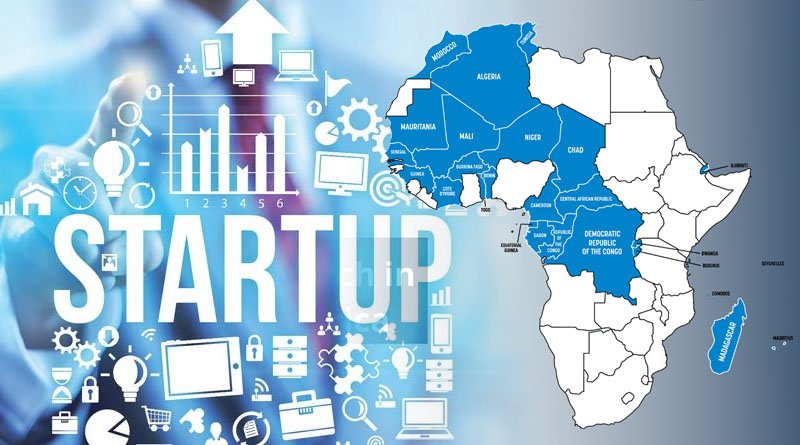The funding will help the startup, which was founded by Eric Sewankambo and Joseph Rutakangwa, with planned product launches and expansion.

Rwazi, a market intelligence firm, is allegedly filling the gap by providing market data backed by information gathered from clients, according to a Techcrunch study. As a result, businesses are prevented from entering developing nations without first learning about them.
In contrast to larger research organisations that draw conclusions from sample data, Joseph Rutakangwa, co-founder and CEO of Rwazi, explained that the company needs unit-level data such as the size of products purchased, how frequently they are purchased, and where customers reside.
Rwazi, a market intelligence firm has amassed $4 million in a round of seed funding. In addition to Bonfire Ventures’ support, Newfund Capital and Alumni Ventures also contributed to the round. The funding will help the startup, which was founded by Eric Sewankambo and Joseph Rutakangwa, with planned product launches and expansion.
Startups can maintain a constant vantage point over the market thanks to a solid market intelligence strategy. Your company can stay strong in competitive markets with a bird’s-eye view of the industry and quickly pivot when needed. Online sales dominate in developing nations like Africa. This is due to the prevalence of cash-based transactions and informal trade in these locations.
As a result, it can be challenging to find reliable information about a product’s market value. However, in order to enter or expand their presence in such markets, local and international brands rely on information such as market size and value, consumer profiles and purchasing power, and the penetration of competitors’ products.
Rwazi collects data from consumers to measure product utilization, consumption frequency, household budgets, and income. The requirements of those who have subscribed to the SaaS product are the primary focus of the data.
Rutakangwa argues that the need for current data was the impetus for the creation of Rwanda, as the most easily accessible data is outdated or focuses on general patterns instead of specific data. Former students of the African Leadership University in Mauritius set out to address this gap.
He thinks that the most readily available information, typically from state agencies, is either outdated or concentrates on broad trends rather than the precise information required to make the right decisions.
Former African Leadership University students in Mauritius made the decision to take action. Rwazi participated in the Techstars Los Angeles accelerator programme last year.
It currently monitors more than 200 products in sectors like fast-moving consumer goods, healthcare, telecommunications, and financial services through a network of 50,000 users and 18 multinational corporations. Some businesses use its platform to find new opportunities for expansion or to make investments that will increase their competitiveness.
Other people, according to him, are searching for developing areas with desirable demographics where they can open businesses and make money in the future.